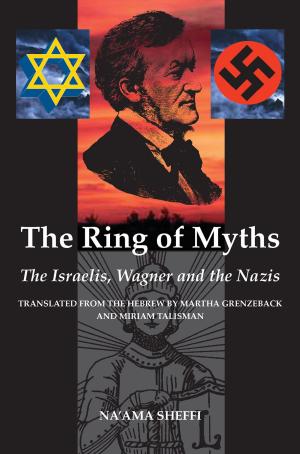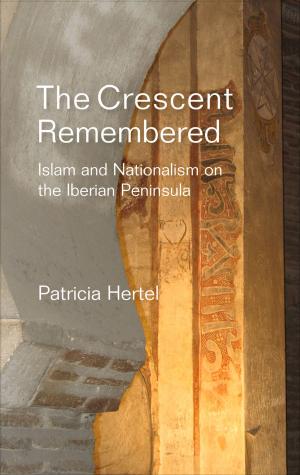The Huguenots in Later Stuart Britain
Volume I Crisis, Renewal, and the Ministers' Dilemma
Nonfiction, History, Modern, 17th Century, British| Author: | Robin Gwynn | ISBN: | 9781782842170 |
| Publisher: | Sussex Academic Press | Publication: | September 1, 2015 |
| Imprint: | Sussex Academic Press | Language: | English |
| Author: | Robin Gwynn |
| ISBN: | 9781782842170 |
| Publisher: | Sussex Academic Press |
| Publication: | September 1, 2015 |
| Imprint: | Sussex Academic Press |
| Language: | English |
The Huguenots in Later Stuart Britain examines the history of the French communities in Britain from the Civil War, which plunged them into turmoil, to the Treaty of Utrecht in 1713, after which there was no realistic possibility that the Huguenots would be readmitted to France. There is a particular focus on the decades of the 1680s and 1690s, at once the most complex, the most crucial, and the most challenging alike for the refugees themselves and for subsequent historians. The work opens with the Calvinist French-speaking communities in England caught up in the Civil War. Weakened by in-fighting, in the 1660s the old-established French churches then had to reassert their right to exist in the face of a sometimes hostile restored monarchy and episcopacy. As for the newly arriving Huguenot ministers, they found they had to resolve an intense personal dilemma: should they stand fast for the worship they had led in France or accept Anglican ways? A substantial appendix provides a biographical account of over 600 ministers in the orbit of the French churches across this period.
The Huguenots in Later Stuart Britain examines the history of the French communities in Britain from the Civil War, which plunged them into turmoil, to the Treaty of Utrecht in 1713, after which there was no realistic possibility that the Huguenots would be readmitted to France. There is a particular focus on the decades of the 1680s and 1690s, at once the most complex, the most crucial, and the most challenging alike for the refugees themselves and for subsequent historians. The work opens with the Calvinist French-speaking communities in England caught up in the Civil War. Weakened by in-fighting, in the 1660s the old-established French churches then had to reassert their right to exist in the face of a sometimes hostile restored monarchy and episcopacy. As for the newly arriving Huguenot ministers, they found they had to resolve an intense personal dilemma: should they stand fast for the worship they had led in France or accept Anglican ways? A substantial appendix provides a biographical account of over 600 ministers in the orbit of the French churches across this period.















